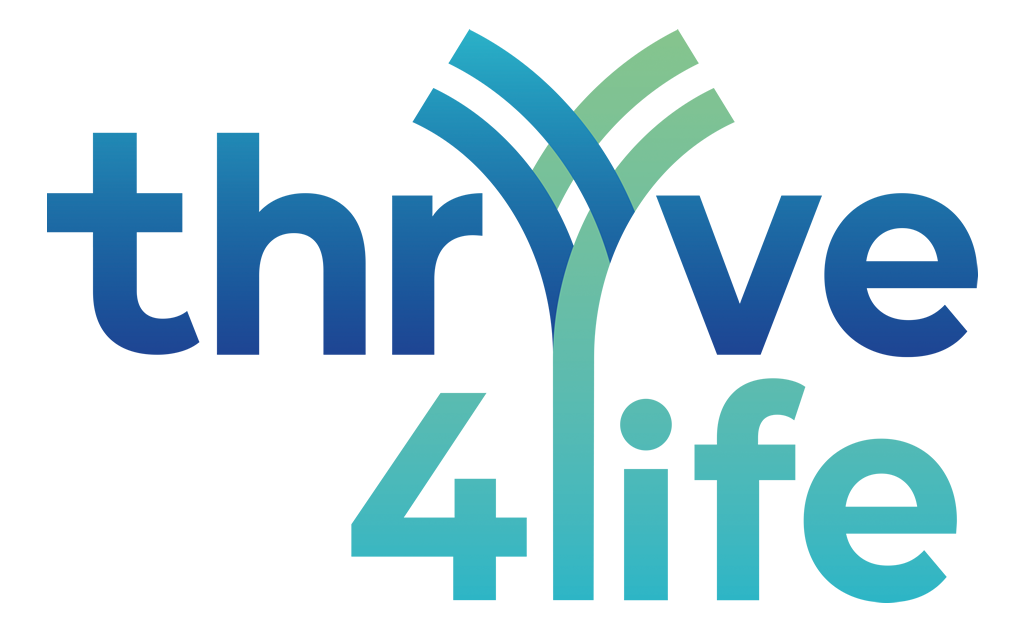Shock marketing can grab attention or backfire badly. Used well, it stops the scroll, sparks curiosity, and creates buzz. Used poorly, it misleads, confuses, or damages trust. The key is aligning bold tactics with your brand, audience, and message, so you stand out for the right reasons.
Shock marketing is one of those tactics that gets people talking, but not always in the way you want. From controversial social media campaigns to eyebrow-raising email subject lines, it’s a strategy that can cut through the noise or leave your audience confused, misled, or even put off entirely.
So, does shock marketing actually work? Or is it more likely to backfire? In this post, we’re unpacking the risks and rewards, especially when it comes to your digital marketing, and sharing some dos and don’ts for getting it right.
What Is Shock Marketing?
Shock marketing, also known as ‘shockvertising’ is a tactic designed to provoke a strong emotional reaction, usually through surprise, controversy, or breaking social norms. It’s often used to:
Sounds good, right? But here’s the catch: if it doesn’t align with your brand or audience, it can do more harm than good.
Where Brands Go Wrong
1. In email:
When it comes to email marketing, a subject line like “We’re shutting down…” might get opens, but if your message is actually about a product range ending - not your business, it can leave people feeling misled. That’s a fast track to unsubscribes.
2. On social media:
Some brands try to ride the wave of controversy or current events, without thinking through the relevance. A poorly timed or off-topic post can easily backfire.
3. In paid ads:
Using exaggerated claims or “shock” phrasing like “This one trick will change your life!” might win a few clicks - but if your landing page doesn’t back it up, your bounce rate and cost-per-click will soar, and your brand trust will plummet (social media ads, and Google!).
Real-World Example: M&S and the “Punishment Juice”
This summer, Marks & Spencer launched a new cold-pressed green juice with an eye-catching name: “Punishment Juice.” Marketed online and through digital channels, the campaign played on a tongue-in-cheek take on wellness culture, aimed at younger, trend-aware consumers.
But not everyone found it funny…
Critics argued the name reinforced negative diet culture, with nutritionists and commentators warning it could alienate health-conscious Gen Z and millennials. Despite the attempt at playful branding, the shock value risked undermining the very wellness message M&S was trying to promote.
Some called it clever. Others called it cringeworthy. Sales data hasn’t been released yet - but online sentiment suggested the name generated more confusion than loyalty.
Lesson: Shock for the sake of it, especially if it feels tone-deaf or off-brand, can do more harm than good, even for a big, trusted name like M&S.
You can read more about the mixed reactions and views in The Times’ coverage of the Punishment Juice launch.
How to Use Shock Without Damaging Your Brand
Here are some dos and don’ts to keep your content marketing strategy smart and audience-focused across socials, email marketing and ads:
DO
|
DON’T
|
- Start with your audience. Would they appreciate this tone? Does it speak to their values and expectations?
- Keep messaging clear. If you're using a bold hook in an ad or subject line, make sure your landing page or content delivers on it.
- Stay on-brand. Humour, controversy, or surprise can work if they reflect your voice and values - not if they feel like a gimmick.
- Use paid ads to test messaging. Platforms like Meta Ads and Google Ads let you A/B test headlines. Use this to gauge where the line is—before going all in.
|
- Confuse or mislead. “Shock” without context can look like clickbait or desperation - especially in Google Ads.
- Chase trends that don’t suit you. Not every brand needs to be edgy. If you’re a law firm, for example, shock might not land the right way.
- Ignore the long-term impact. A campaign might win attention today but hurt trust tomorrow. Build for relationships, not just reactions.
|
Final Thoughts: Be Brave, Not Reckless
Shock marketing can be a clever way to cut through the noise - but only if it’s grounded in relevance, honesty and brand alignment.
Whether you’re crafting a punchy subject line, writing Meta ad copy, or planning a social campaign, always ask:
“Does this reflect who we are - and what our audience actually wants to hear from us?”
If it does, go bold (carefully).
If not? Rethink it before you hit ‘publish’.
Need Help Striking the Right Balance Between Brave and Brand-Safe with Your Marketing?
Website Success is here to help with clever content, ad campaigns and email marketing strategies that win attention - without the awkward aftermath.
Call our Chichester digital marketing agency today on 01243 888555 or click here to book a chat in the diary.
Let’s make your message work for your brand, not against it.





























